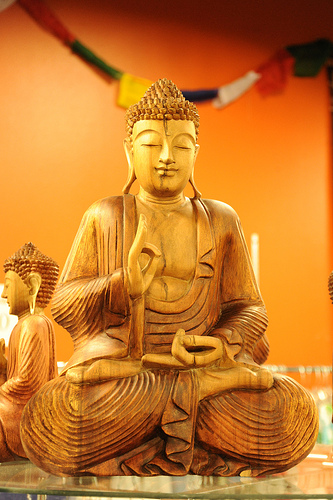“Do not look for approval except for the consciousness of doing your best.” -Andrew Carnegie
I used to follow a popular blog ran by a woman who’d lost a lot of weight and wrote about maintaining a healthy lifestyle.
One day, she saw a teenager smoking a cigarette on the street. She decided to walk up to him and let him know this was dumb—and then she blogged about it.
Her followers unanimously agreed it was judgmental and righteous to harshly criticize someone who didn’t ask for her opinion, especially since she had no way of knowing if he might have been trying to quit. Dozens of people chimed in, many suggesting they no longer respected her and may even stop reading her blog.
I could understand her reaction to seeing a young person smoking, and I could understand their perspective that it was unnecessary to call him out.
What interested me the most was the next day’s post. She apologized to her readers for not being more sensitive to the teenager—as if she somehow owed them something for her reaction to him.
I empathized with her, because there have been many times when I’ve felt judged by a group, and felt a need to restore their respect for me.
I’m not suggesting she didn’t actually regret what she did; as I’m sure she seriously considered everything people wrote. But I imagined she also felt a lot of pressure to defend her good nature after receiving so much criticism in a public forum.
We’re all living increasingly public lives, with audiences on various social media platforms, and negative commentary just a Google search away, if your work in any way opens you to personal or professional review.
When an attack suddenly seems public, we can easily lose track of what we genuinely want to learn from the experience while trying to minimize the embarrassment and any damage to our reputations.
The wider our reach, the more we open ourselves to criticism. It always benefits us to consider helpful feedback, but it’s easy to grow dependent on mass approval when we focus on pleasing everyone and avoiding judgment.
The reality is people will always judge. It’s exhausting to try to control public perception, but we can do our best to create our reputations by acting with honesty, integrity, and a genuine commitment to growth.

Photo by Wonderlane
About Lori Deschene
Lori Deschene is the founder of Tiny Buddha. She started the site after struggling with depression, bulimia, c-PTSD, and toxic shame so she could recycle her former pain into something useful and inspire others to do the same. You can find her books, including Tiny Buddha’s Gratitude Journal and Tiny Buddha’s Worry Journal, here and learn more about her eCourse, Recreate Your Life Story, if you’re ready to transform your life and become the person you want to be.
- Web |
- More Posts













 Though I run this site, it is not mine. It's ours. It's not about me. It's about us. Your stories and your wisdom are just as meaningful as mine.
Though I run this site, it is not mine. It's ours. It's not about me. It's about us. Your stories and your wisdom are just as meaningful as mine. 